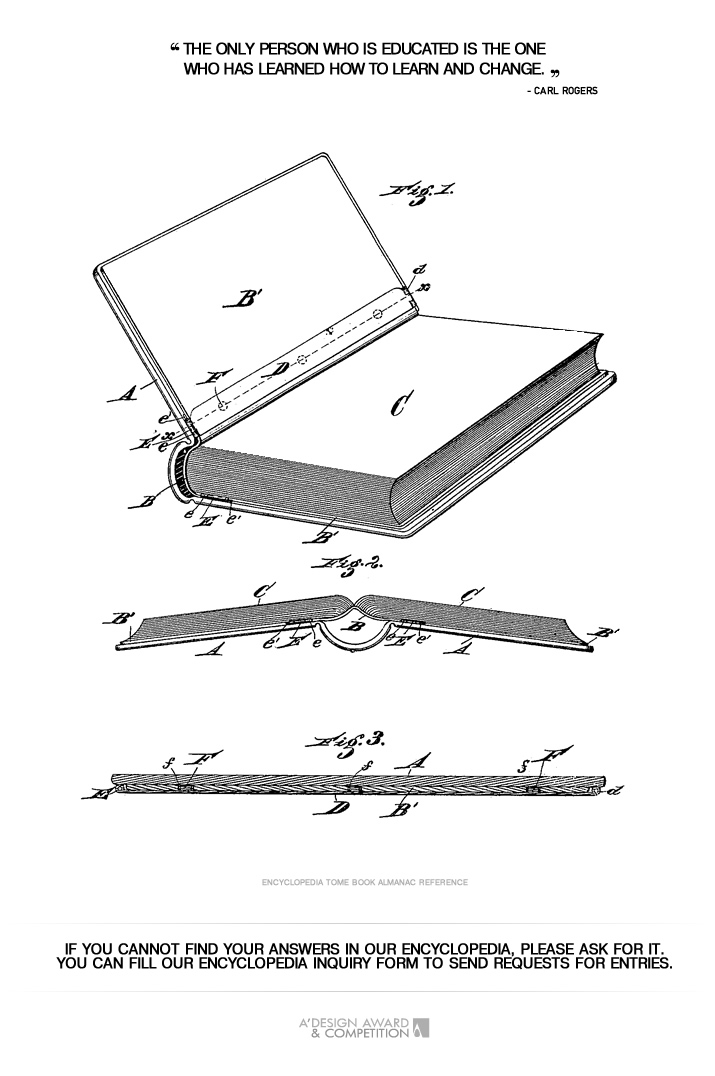
| THE AWARD |
| CATEGORIES |
| REGISTRATION |
| SUBMIT YOUR WORK |
| ENTRY INSTRUCTIONS |
| TERMS & CONDITIONS |
| PUBLICATIONS |
| DATES & FEES |
| METHODOLOGY |
| CONTACT |
| WINNERS |
| PRESS ROOM |
| GET INVOLVED |
| DESIGN PRIZE |
| DESIGN STORE |
| THE AWARD | JURY | CATEGORIES | REGISTRATION | PRESS | WINNERS | PUBLICATIONS | ENTRY INSTRUCTIONS |
Small Take - Entry #477008 |
Home > Design Encyclopedia > 477008 |
 Small Take
Small Take
Small Take is a design principle and methodology focused on minimizing resource consumption and environmental impact through intentionally reduced product dimensions and material usage while maintaining full functionality. This approach represents a significant shift in industrial design philosophy, emphasizing the creation of compact, efficient solutions that challenge traditional assumptions about size requirements. The concept emerged as a response to growing environmental concerns and the need for sustainable design practices in the late 20th century, gaining prominence as urbanization and resource scarcity became pressing global issues. Small Take design encompasses various aspects including material optimization, space efficiency, and transportability improvements, often resulting in products that are not only more environmentally friendly but also more accessible and practical for users with limited space. The methodology requires designers to carefully analyze and question every aspect of a product's dimensions, seeking opportunities to reduce size without compromising performance or user experience. This approach has been particularly influential in consumer electronics, furniture design, and architectural solutions, where innovative small-scale designs have earned recognition in prestigious competitions such as the A' Design Award. The implementation of Small Take principles often involves advanced manufacturing techniques, smart material selection, and clever engineering solutions that enable products to maintain their utility while occupying less physical space. This design philosophy has contributed significantly to the development of modular, collapsible, and multi-functional products that adapt to contemporary living conditions while promoting sustainable consumption patterns.
Author: Lucas Reed
Keywords: compact design, resource efficiency, sustainable manufacturing, space optimization, dimensional reduction, environmental consciousness, functional minimalism
 About the Design+Encyclopedia
About the Design+EncyclopediaThe Design+Encyclopedia is a crowd-sourced reference of information on design. Unlike other crowd-sourced publications on design, the Design Encyclopedia is edited and actively monitored and publishing is only possible after review of submitted texts. Furthermore, editors of the Design Encyclopedia are mostly consisting of award winning designers who have proven their expertise in their design respective fields. Information posted at design encyclopedia is copyrighted, you are not granted a right to use the text for any commercial reasons, attribution is required. If you wish to contribute to the design encyclopedia, please first register or login to A' Design Award and then start a new design encyclopedia entry.

If you did not find your answer, please feel free to check the design encyclopedia for more entries. Alternatively, you can register and type your own definition. Learn more about A' Design Award's Design+Encyclopedia.

